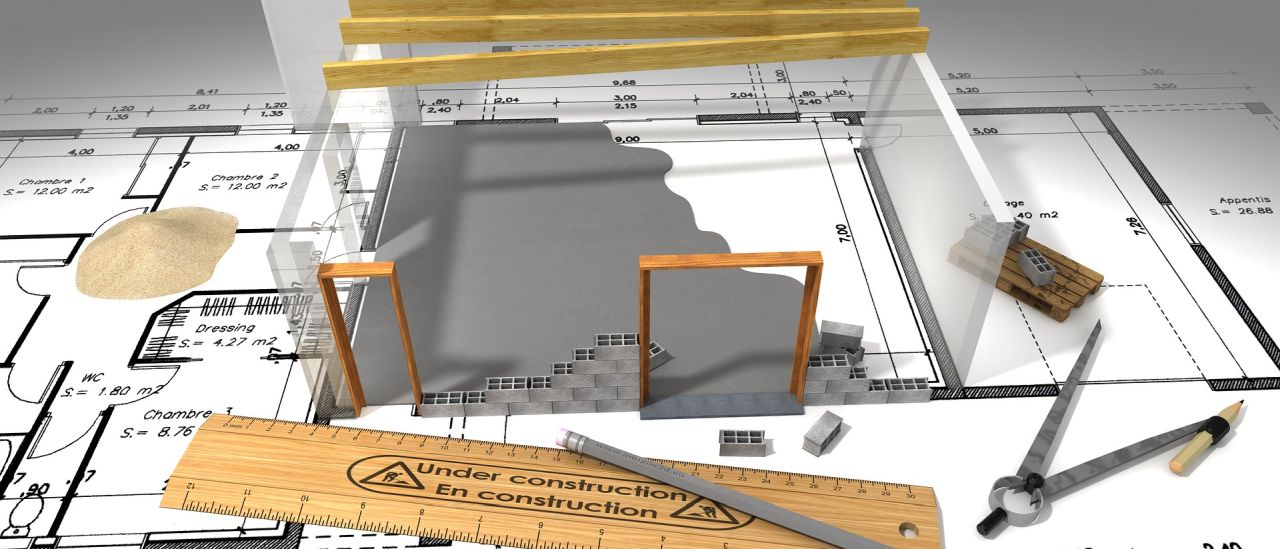By Mitch Evelyn
The banks are under increasing scrutiny and stringent regulations these days to ensure that they practice responsible lending. To meet these obligations, and to comply with the National Credit Code, your bank will often require you to have loan or guarantee documents reviewed by a lawyer, and insist that your lawyer provide a certificate confirming that they have given this advice. This means that a bank can lend to you, or accept a personal guarantee, confident that you understand exactly what your obligations are.
What will my lawyer do?
We often get enquiries from people saying that they just need a lawyer “to witness something” or “to sign off on some forms”. A lot of people are annoyed or upset when they show up at their lawyer’s office, documents in hand, to find that their lawyer is refusing to sign them – at least right away.
It is important to bear in mind that your lawyer is not just witnessing your signature on these documents – they are certifying that they have given you legal advice. This means that your lawyer needs to:
- Read the documents
- Understand the documents in context – who is borrowing, who is guaranteeing, and why
- Understand the key players – for instance, is the borrower a family member, a family trust, or a company?
- Understand the protections afforded to you by law and how these might affect the documents you are signing
- Review the security being provided and what could happen to you or to your family if that security is called upon
- Comply with the additional regulations placed on lawyers when providing this specific service
- Meet with you in person to explain the documents and their effect to you
What can I do to speed up the process?
Chances are that you – or someone you care about – are in the middle of a large, exciting, or time sensitive transaction when you need one of these certificates signed.
Here is what you can do to help your lawyer give you fast, and accurate legal advice:
· Get the documents to your lawyer as quickly as possible so that they can review them. Keep in mind that these are often long, and complicated documents – they may take a few hours to review, especially if you are not using a bank whose standard forms your lawyer is familiar with. Often your lawyer will also need to prepare additional documents which we are legally required to retain on file.
· Make an appointment – do not walk in and expect a lawyer to drop what they are doing. Remember, they are not only witnessing your signature, they are certifying that they have given you legal advice. You should allow your lawyer at least two or three days to review everything.
· Provide all relevant background and related documents as soon as you can. Often, the bundle of documents your bank provides will have all related documents in it, such as copies of trust deeds, or registered mortgage terms. If they do not, then your lawyer may ask to see these.
· Make sure your lawyer knows who they are advising. If there are multiple guarantors, make sure your lawyer knows whether they are advising only you, or whether they are also advising other guarantors. This is very important, as your lawyer needs to ensure they comply with additional regulations that may apply when asked to advise multiple guarantors at the same time.
· Make sure that you have everything your bank asks for. Some smaller banks will have very onerous identification requirements – make sure that you bring copies of all relevant ID, and check that none of the documents have expired.
What does it cost?
Legal costs will vary depending on the complexity of the documents, the number of people involved, and the banks requirements. You should send a copy of your documents through to your lawyer so that they can ascertain how much time will be involved, and provide you with an estimate of what their fees will be.
If you need someone to provide independent advice on documents provided by your bank, contact us at either our Canberra or Queanbeyan office and ask to speak to one of our experienced commercial or property lawyers. Please bear in mind that your lawyer will need to meet with you in person at least once in order to provide you with this advice.
p: +61 2 6206 1300 | e: info@elringtons.com.au








